
The Future Dynamic Program at National Cheng Kung University:
Challenging the traditional education approach through creative learning experiences
Outline
What kind of person do you want to become when you graduate from university?
The Future Dynamic Program focuses on sustainable development and problem solving linking external resources and industry. The program aims to initiate exploration of the future and project implementation at the National Cheng Kung University (NCKU).
"What kind of person did you want to become when you first entered university?”
This was one of the questions that was asked to the participants when applying to join the Future Dynamic Program. Some students reported that their time in university was supposed to be a very liberating time, full of possibilities. But how do most people actually spend their time in university? In an era of rapidly changing technology, the most irreplaceable strength human beings have is thinking for themselves, yet traditional education in Taiwan takes a “spoon-feeding” approach, which rarely leads students to think actively. This kind of approach causes students to adopt a passive learning attitude instead of becoming actively curious about the world around them.
In order to tackle this challenge, the Future Dynamic project focused on inspiring students to think independently, use experience and practice as an orientation. The program aimed to provide innovative techniques and utilize creative thinking to lead students to discover complex problems, some of which have no default answers. Loftwork also took advantage of its international partners to connect Japan and Taiwan by using online tools and software. To facilitate such hybrid experiences, project tools such as Asana, Slack, Discord, and GD paved a path for students to experience a more holistic way of collaboration.
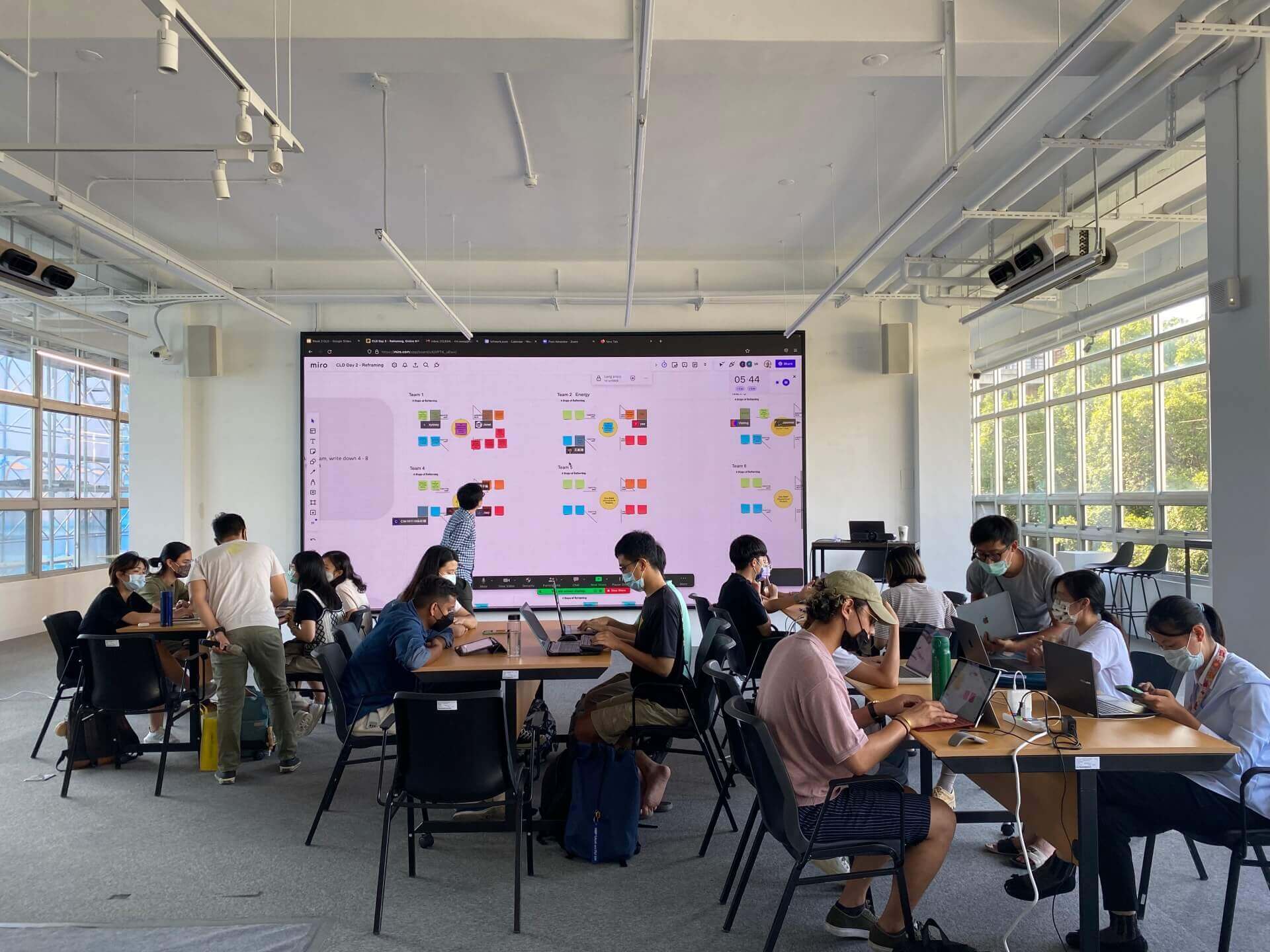
Process
Implementing innovative technology, allowing new ideas to take root

During the project discussion, we took into account the investment in the SDGs and NCKU’s current vision for Atelier Future. We also considered the predicament of Taiwan’s education system. We found that there were many problems in daily living and on campus that needed to be improved, but were ignored or shelved for years. Not only was the learning attitude passive, but Taiwanese students generally did not think they had the ability to solve problems.
Therefore, Loftwork focused on “solving future problems” and divided the Future Dynamic project into two stages, starting with the “Creative Leadership Development Program” as the cornerstone. The Creative Leadership Development Program emphasized the learning of communication skills and design thinking. The second stage allowed students to use their expertise and participate in one of three different workgroups, bringing in a multinational group of lecturers to prompt students to reinterpret Tainan or NCKU campus through their own perspectives.
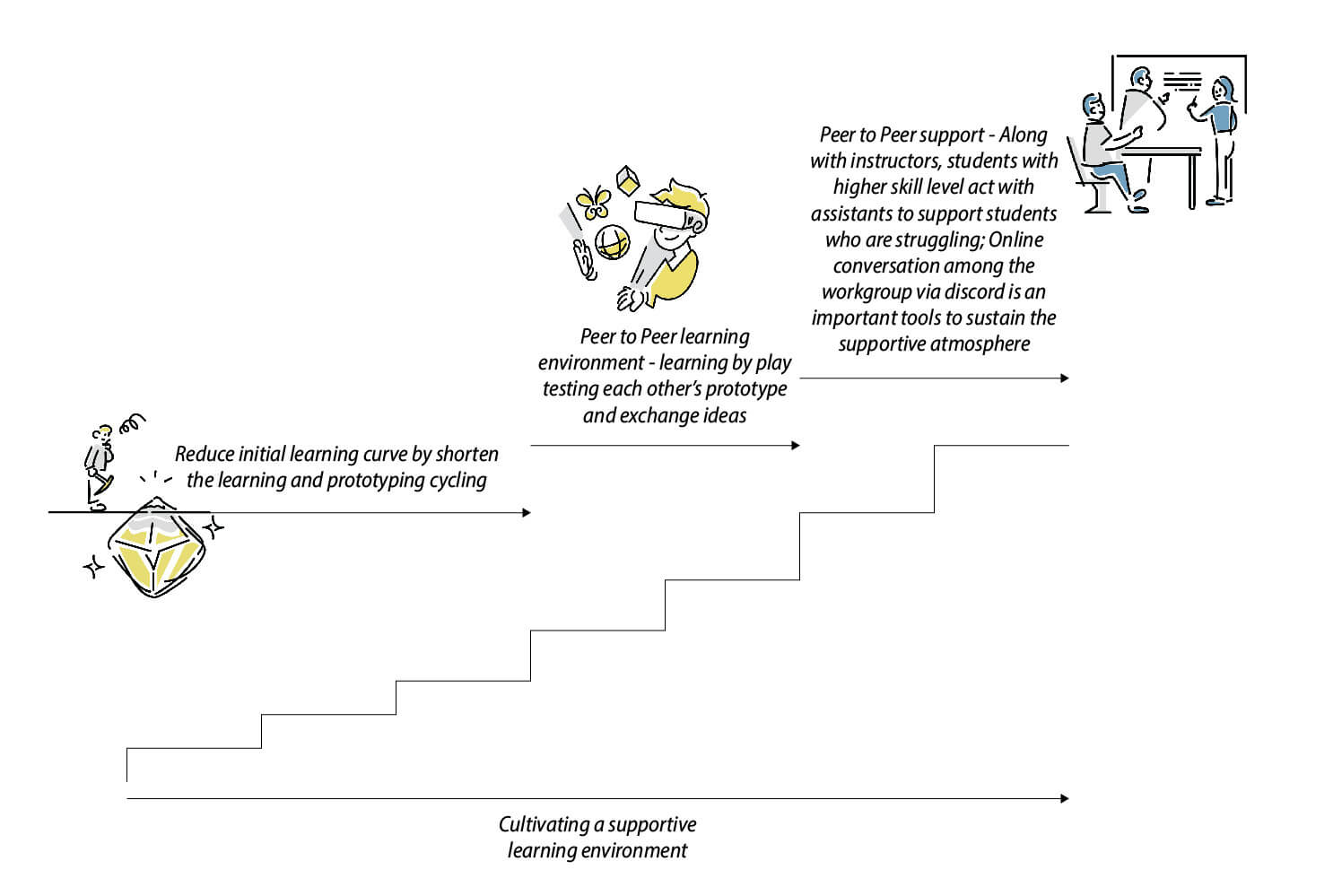
Creative Leadership Development
In the digital age, the opportunity for face-to-face conversation has decreased dramatically, and today’s students face a lack of communication practice. To improve their conversation skills and help them explore leadership styles, the program invited mentors Kelsie Stewart (FabCafe CCO) and Tim Wong (Loftwork Taiwan Co-Founder) to start with self-assessment and one-on-one interviews to understand the students’ goals. The students learned about the creative toolset and basic business models to strengthen their perceptual skills and improve peer-to-peer communication. This program helped students gain a sense of accomplishment, support each other, and foster good teamwork.
Actual participation in the workgroup
In the second stage, which ran parallel to the Creative Leadership Development program, students were divided into three workgroups to engage in research in different fields and solve real societal problems. From the different workgroups, students learned new technologies such as Augmented Reality, Physical Computing, Parametric Design, and Bio-material Cultivation. They also experienced how to refine ideas in an interdisciplinary environment and start conversation and collaboration with experts from different nationalities.
The workgroups were as follows.
<Safecast Workgroup>
Lead by Loftwork and Safecast, and mentored by Safecast Co-founder Pieter Franken and Lead Researcher Azby Brown. This workgroup focused on using a citizen science approach to create an air quality and radiation database for Tainan City. Through the workshop, students learned how to communicate with local stakeholders, expand the local environmental monitoring community, and make an active contribution to Safecast global environmental monitoring efforts.
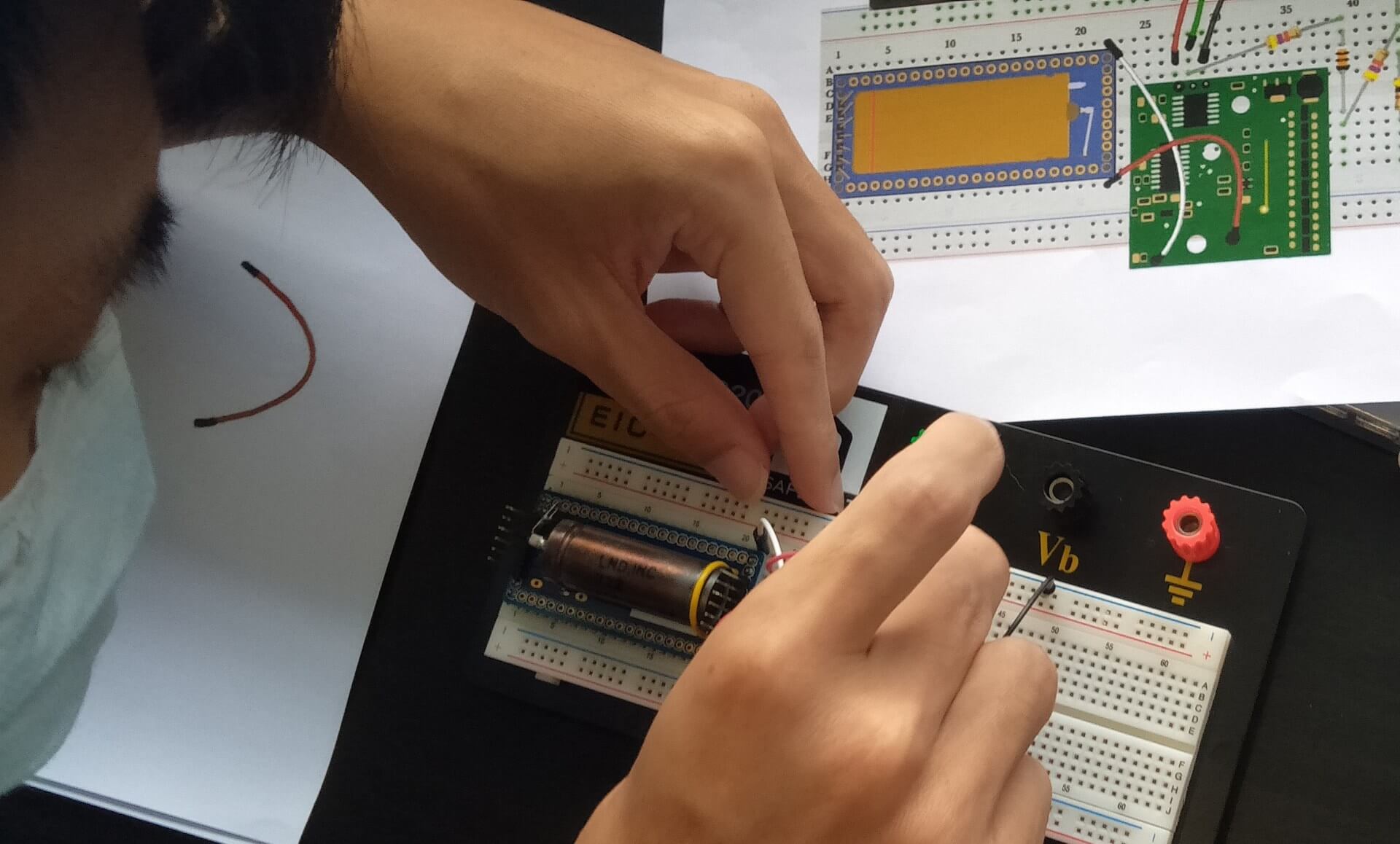
<Circular & Generative Design Workgroup>
The Circular & Generative design Workgroup was hosted by Professor Daichiro Mizuno, Professor Kazutoshi Tsuda, and Junichiro Horikawa (Founder of OrangeJellies) of Kyoto Design Laboratory at Kyoto Institute of Technology. This workgroup explored how to use circular design principles to design, prototype, and experiment with upcycled materials and biomaterials. In the program, students learned about how to use parametric design for prototyping and simulation testing.
<XR Campus Workgroup>
Led by Professor Shigeru Kobayashi (IAMAS), Professor Kyle Li (Parsons Design School) and Loftwork, with technical support from Psychic VR Lab, creator of the STYLY platform. The workgroup explored ways to transform the campus experience, using augmented reality technology and physical computing. This empowered students to create their own geo-spatial content and create different data layers to overlay onto the campus on an urban scale.
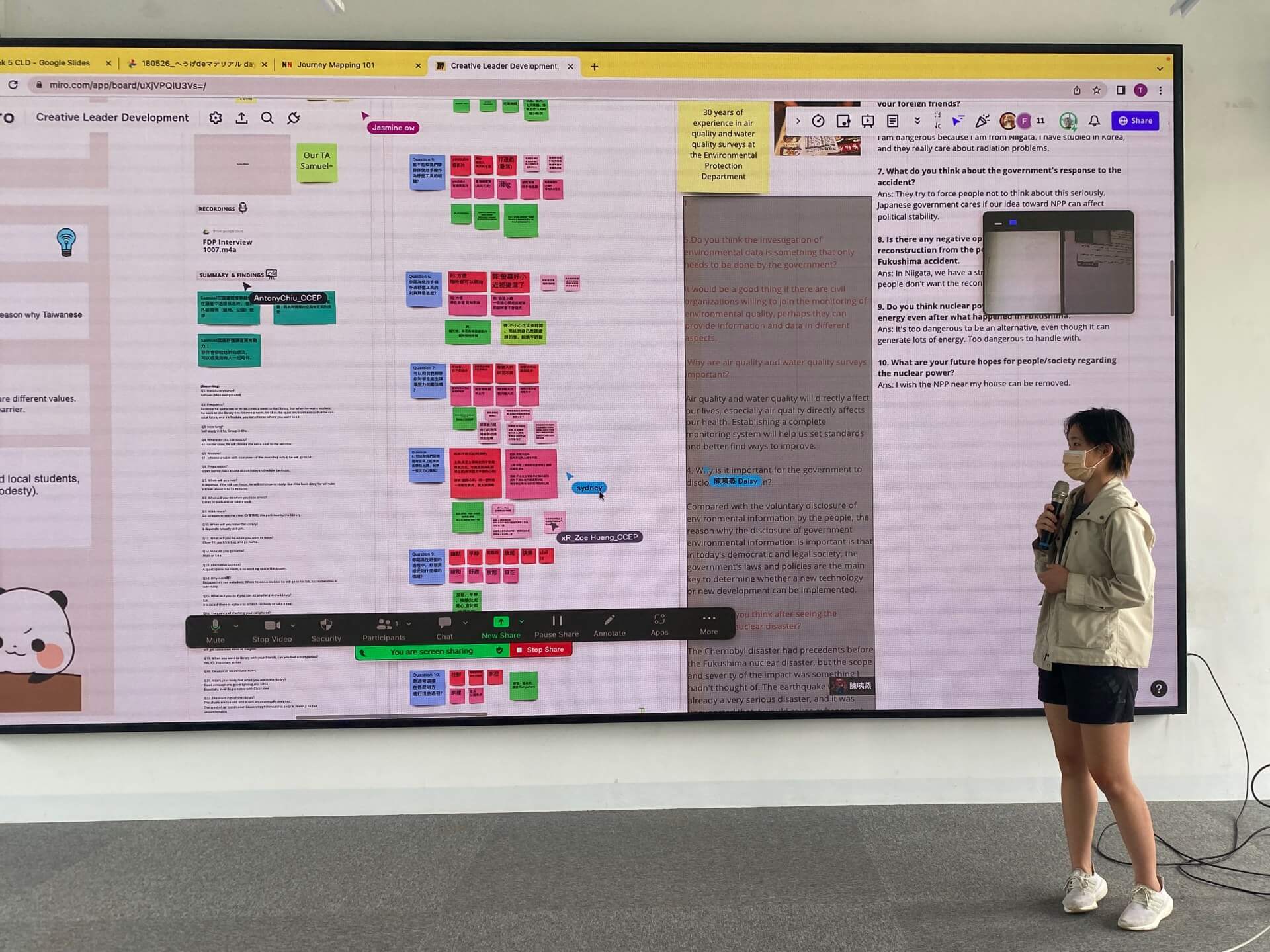
Outputs
Taking action and being tenacious are more important than knowledge and technology.
The length of the Future Dynamic Project spanned over an ambitious and compact nine weeks. Returning to the intention of the project, the most important output was not to have a perfect result, but to encourage the students to be brave and confident to challenge themselves and come up with their own ideas.
In this way, participants were constantly made to explore their surroundings and propose solutions with the support of new technical knowledge and soft-skills.
The possibilities of Safecast in local practice
With the motto, “Data is the fuel of the future society”, Safecast, an international volunteer-centered NPO, is devoted to open citizen science for environmental data monitoring to improve the quality of life. In the Safecast Workgroup, students actively identified and utilized existing resources in NCKU to deploy a team project that leverages Safecast devices including the b-Giegie, a geiger counter, and the Airnote, air quality monitoring device. For example, realizing the high percentage of bicycle use on campus, one team developed a project using bicycles in combination with bGeigie to collect radiation data to be uploaded to the open Safecast data map. These collaboration-driven results demonstrate the impact of Safecast and its potential to create impact in local practice.

Imagining circular and generative design
The Circular group focused on the theme, “Bio-Material Design”. Students were guided to use the well-known natural food and drink Kombucha SCOBY as a material to cultivate bio leather. Seeing the possibilities of this material, many students came out with surprising proposals, such as making musical instruments and developing new types of clothing.


⬆️ One of the final projects,”Folded Vest,” is a vest that can fit any type of body.
Practical application in XR Campus
Alongside learning about new technologies, students also made some unexpected discoveries. For example, many students were very concerned about the topic of mental health. Several students presented this issue from diverse perspectives and tried to create new types of interaction in the campus digital technology. Some members of the group also developed new entertainment options for the campus and Tainan City with the theme of “Exploring Locality”.

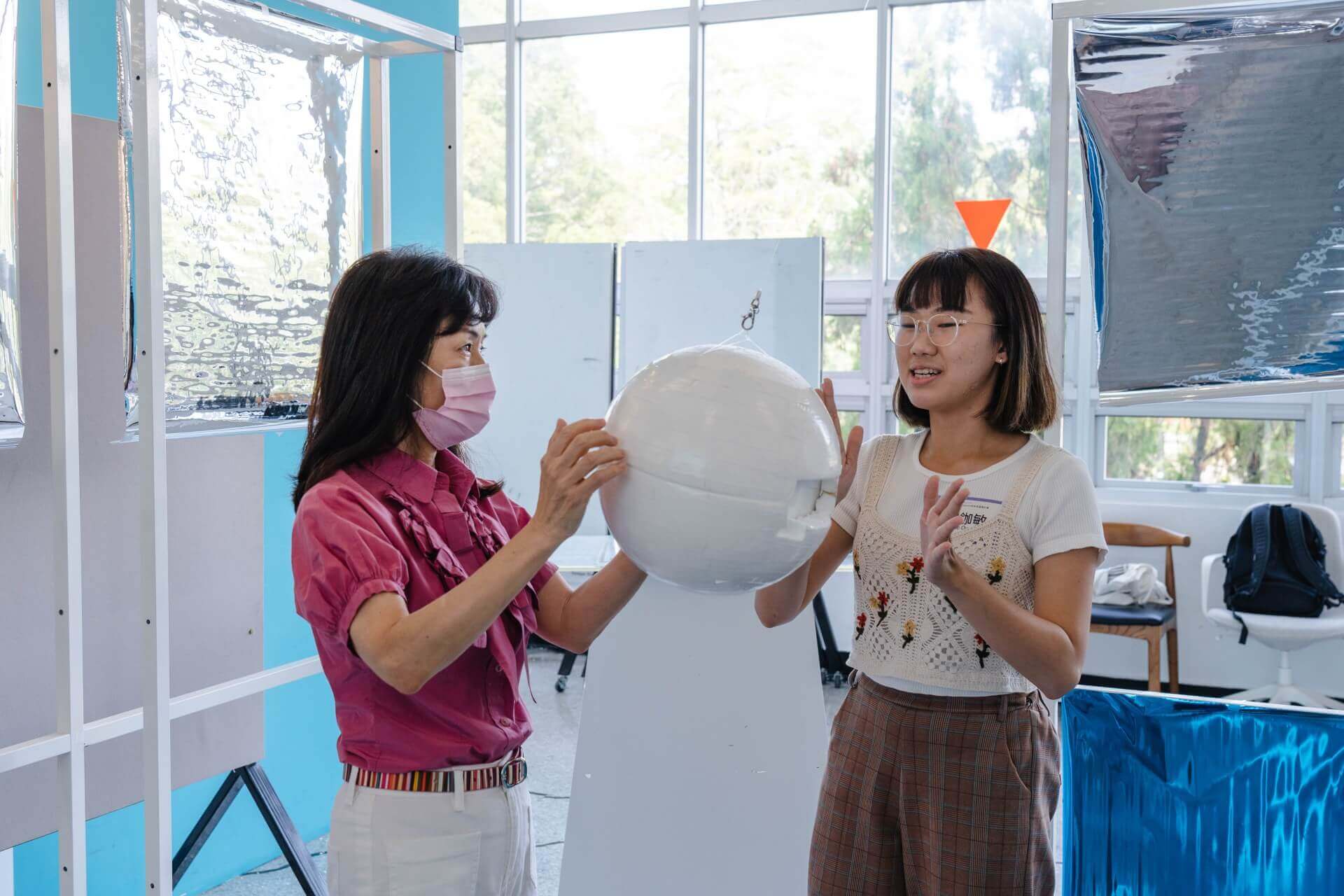
Member
Project Members
Leslie Tsai: Atelier Future, CEO
Chen Ni Chen: Atelier Future, Program Manager
Paula Lin: Atelier Future, Program Community Manager
Alice Wei: Atelier Future, Promotion officer
Tim Wong:Loftwork Taiwan Co-Founder
Kosuke Kinoshita:FabCafe Kyoto Marketing & Producer
Mingchieh Wu:FabCafe Tokyo Creative Director
Yoko Okuda:Loftwork Tokyo Creative Director
Kelsie Stewart:Loftwork Tokyo /FabCafe Global CCO
Next Contents




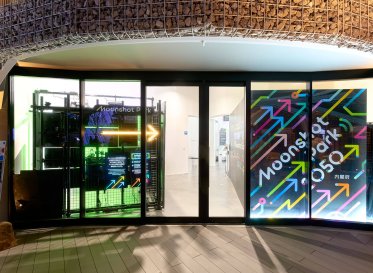

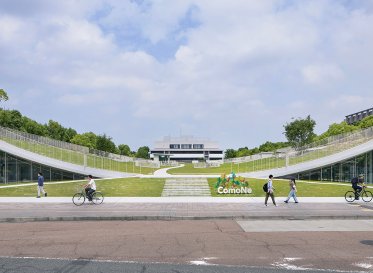



 ">
">
